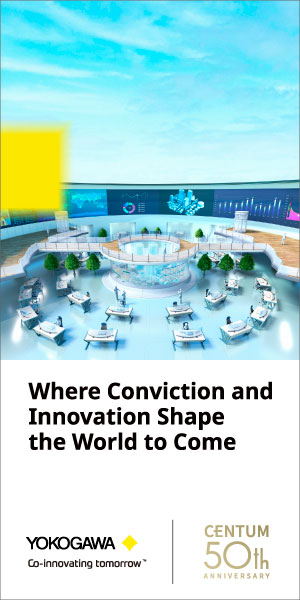Leading companies operating across the polyester packaging value chain have formed a new consortium to help address the issue of plastic waste by accelerating the commercialisation of BP Infinia enhanced recycling technology
The companies involved in the partnership include those involved in the manufacture, use, collection and recycling of polyethylene terephthalate (PET) plastic packaging.
BP Infinia is designed to convert opaque and difficult-to-recycle (known as ODR) PET plastic waste, which can degrade in quality every time it is recycled using conventional methods, into recycled feedstocks that can be used again and again to produce new high-quality PET plastic packaging without loss of quality, according to the UK supermajor BP.
The consortium intends to combine the capabilities and experience of its members – ALPLA specialist in packaging and recycling; Britvic, Danone and Unilever producer of food, drink and consumer goods; REMONDIS specialist in waste management and recycling; and BP producer of energy and petrochemicals – to develop a new circular approach to dealing with PET plastic waste.
PET is a plastic that is widely used for rigid food packaging and drinks, personal care and home care bottles. It is a lightweight, durable and versatile material and one of the most widely collected and recycled types of plastic. More than 75 per cent of the PET plastic bottles collected globally are recycled, but only 12 per cent of those collected are recycled into new bottles. The remainder is currently lost from the bottle-to-bottle loop, as it is used for other applications which are usually disposed of directly after use in landfills or incinerators due to lack of separate collection.
BP stated that the consortium members believe that by joining forces, they can accelerate the commercialisation of the technology, infrastructure and demand needed to process billions of opaque and difficult-to-recycle PET bottles and food trays that are currently disposed of each year, including those that are difficult to recycle using current conventional recycling methods.
The intention is that each member of the consortium will contribute resources and distinctive capabilities and experience in areas such as waste management and recycling, technology development, intermediate processing and product design to the development of a business model that takes into account the infrastructure, supply chain and demand requirements of all parties involved in the creation of a business model.







